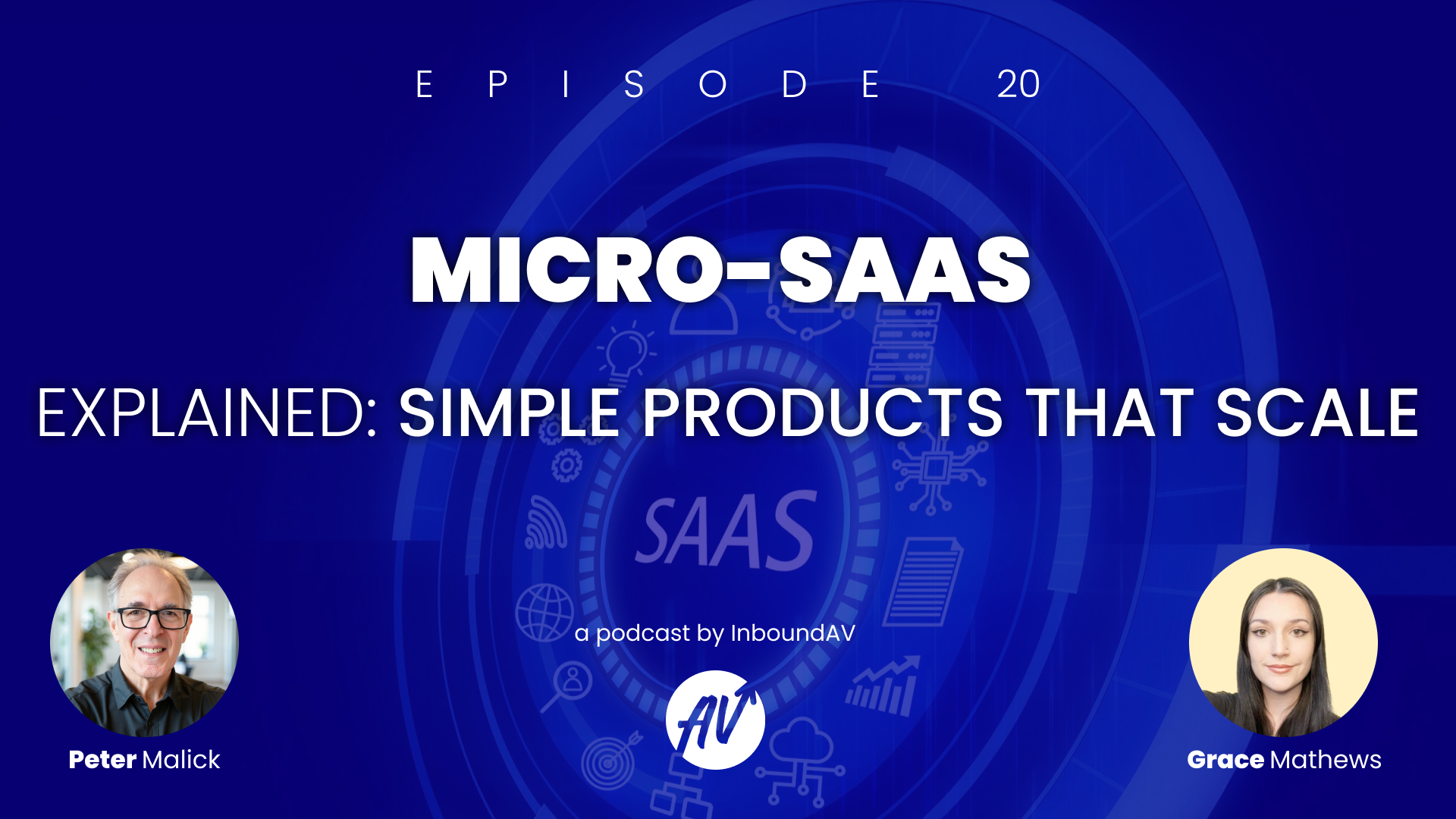With AI Competition Growing, It’s Disrupt of be Disrupted
In light of Sam Altman’s acquisition of iPhone and Apple Watch designer Jony Ive’s startup, there’s speculation about the development of new AI-powered devices that could reshape the way we communicate and engage digitally. This week’s episode of Accelerated Velocity looks at increasing competition amongst major players in AI development–from updates in the AI-powered search race to a discussion on the future of handheld devices.
Schema markup is crucial for effective AI search optimization (AEO)
In this episode, Peter shares a client success story in which a recruiting agency’s landing pages achieved top citations in Google’s AI overview with effective schema makeup and AI-friendly content. Schema markup is structured data coded into your website’s HTML that helps search engines understand a web page. Without proper schema markup, search engines are more likely to skip over your page and move onto find query answers elsewhere. Proper schema makeup can be achieved with the help of a web developer.
Want to learn more? Talk to one of our experts.
Google still dominates search, but that might change sooner than we think
Google’s done an impressive job moving fast as AI innovations have posed increasing competition to its monopoly on search, advertising, email, and more. Just this week the tech company unveiled its new “AI Mode”–a new chat-based search experience that brings AI overviews to a whole new level. There’s still the question, however, of whether these efforts will be enough for them to stay ahead.
For one, there are a number of new players in search. People are turning to LLMs to search for information. On top of that, AI companies are moving to create AI-based web browsers, such as Perplexity’s Comet Browser currently in beta.
Secondly, it’s likely that AI advancements will eventually reshape our relationship to the web so drastically that simple adjustments to existing systems won’t be enough. The real “winners” in the AI race will likely be the companies pushing the limits of how AI can be incorporated into consumer’s daily lives.
Sam Altman's acquisition of Jony Ive's team signals major shifts in tech
Jony Ive–the designer of the iPhone and Apple Watch–agreed to a 6.2 million dollar contract between his startup and OpenAI. While there’s no definitive news on what they’ll be working on, speculation on an AI powered device signals a major jump from web-based AI models to the development of handheld AI devices.
Augmented reality with AI–where we might be heading
We’re already seeing a few AI-powered devices that reshape users’ relationships to the internet and their surroundings. AI glasses from brands like Meta and Amazon allow users to use voice commands to take photos of their surroundings, conduct web searches for items in their physical environment, and more.
Leaked information suggests that an initial product from Jony Ive for OpenAI will entail a small, “iPod shuffle” sized device with no screen that connects to a user’s phone. Peter suggests in the episode, however, that we will begin to see AI companies positioning themselves to reshape smart devices entirely.
Chapters
00:00 - Intro
01:37 - An AEO success story
02:28 - The Importance of Schema Markup for search visibility
05:40 - Emerging AI Browsers and Search Trends
07:50 - Apple’s contract with Google
09:23 - Google's Response to AI Competition
10:44 - The ‘next wave’ of AI
11:36 - Is Jony Ive working on a groundbreaking AI device?
12:39 - The future of communication devices
15:54 - AI Glasses–yes or no?
18:27 - Outro
Sources
“Google Unveils A.I. Chatbot, Signaling a New Era for Search” by Tripp Mickle for The New York Times
“OpenAI Unites With Jony Ive in $6.5 Billion Deal to Create A.I. Devices” by Mike Isaac and Cade Metz for The New York Times
“Details leak of Jony Ive’s ambitious OpenAI device” by Ryan Daws for AI News


%201920x950%20(5).png)
%201920x950%20(6).png)

%201920x950%20(4).png)
